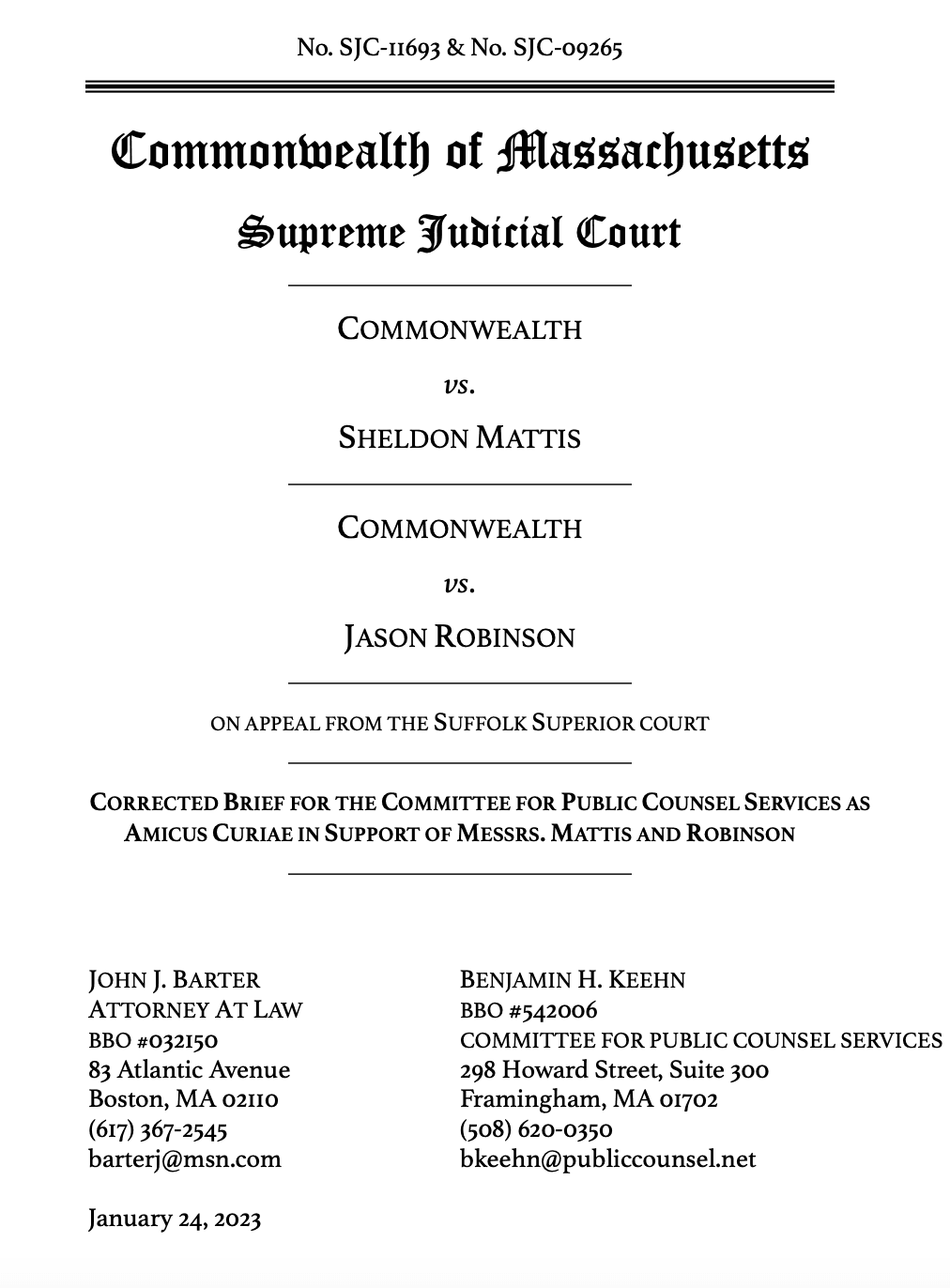
Summary of Argument
1. Since 2014, the Massachusetts Parole Board has held about seventy parole hearings for the juvenile homicide offenders who were serving mantatory life-without-parole sentences for first degree murder convictions when Diatchenko I was decided, and who became eligible for parole consideration as a result of that decision. An analysis of the outcomes of those hearings makes clear that the remedy fashioned by this Court for the Diatchenko cohort can protect public safety and provide members of a class of homicide offenders originally sentenced to serve unconstitutional life-without-parole sentences with a meaningful opportunity to obtain release based on demonstrated maturity and rehabilitation.
2. Dirceau Semedo, Alfred Therrien, and William Florentino are late adolescent homicide offenders. Each was charged with a homicide that occurred when they were between eighteen and twenty years of age, each was convicted of first degree murder, and each is serving life without the possibility of parole, as mandated by G..L. c. 265,§2 and G..L.c.127,§133A. Collectively, they have been behind bars for 131 years. Their criminal conduct and the trajectory of their lives before and after prison embody the validity of the "central intuition" on which Diatchenko I is based—that young people "who commit even heinous crimes are capable of change." Montgomery v. Louisiana 577 U.S. 190, 212 (2016). Infra at 18-27.